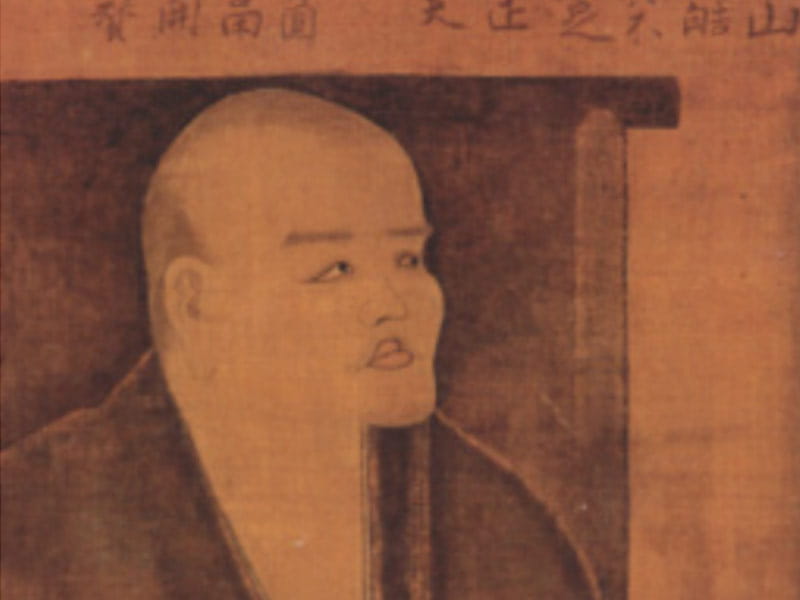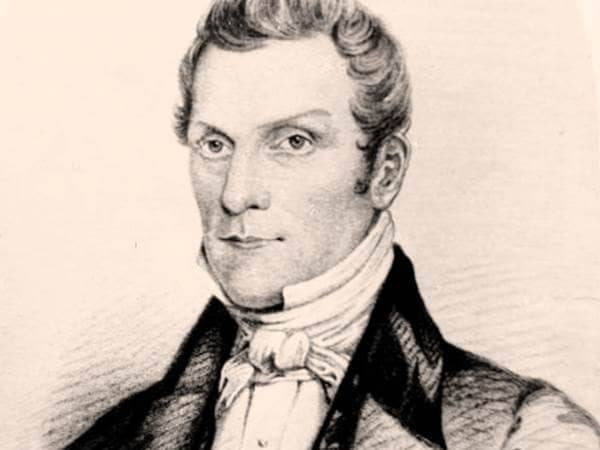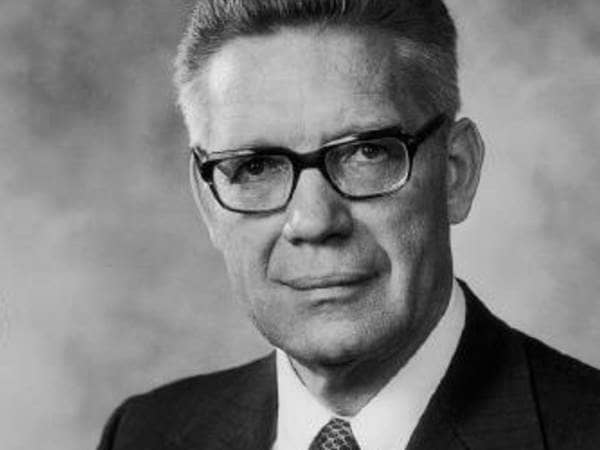
- Profession: Monk
- Lived: January 19, 1200 - September 22, 1253 (Late Medieval)
- Nationality: Japanese
- Known for: Early popularizer of Zen Buddhism and founder of Soto school
Buddhism travelled from its origination point in India in the 5th century BCE, across the East and eventually found its way to Japan in the 8th century CE. Several schools from China developed followings in Japan. In the 1200s, Dōgen Zenji, a monk trained in the Tendai (also called Pure Land) tradition, was seeking existential answers he could not find in his tradition. (He also hated the politics in it.) He spoke to a number of masters, and along the way discovered the recently imported school called Zen. The Chinese word chan, rendered as zen in Japanese, means meditation. While meditation plays an important role in Buddhism in general, the Chan school makes it the centerpiece. Chan/Zen had travelled to Japan through a Buddhist priest named Eisai. Though Eisai had recently died, Dogen travelled to his monastery to study, and eventually went to China to explore Chan Buddhism at the same monastery at which Eisai had trained.
Returning to Japan, Dogen started promoting what he had learned, but he also adapted it based on his own views and preferences. He emphasized empty-mind meditation and de-emphasized koans—the logic problems used in Chan/Zen to break through mental blocks. These relatively subtle distinctions developed into the two dominant schools of Zen, each with its own monasteries and followers: Rinzai started by Eisai, and Soto started by Dogen.
Dogen’s influence on Zen, and Buddhism, is certainly much greater thanks to his being an eloquent and prolific writer—a poet as well, his prose is lyrical. His teachings are significant and radical in several ways. Most important, he repeatedly emphasized that shikantaza, meaning “just sitting,” is all that is needed. Other practice and study is helpful, but sitting in silent meditation with no focus for thoughts—also called empty-mind meditation—is all that is truly needed in order to see things as they truly are. (This also was a rebuke of the Rinzai school’s more conventional approach, with methodical training and the intellectual mind games of koans.) Perhaps even more significantly for the growth of Zen, Dogen believed meditation is for laypeople, not just monks—for men and women, and for all classes. (One of his criticisms of his earlier Tendai tradition was its social elitism.) He wrote directly to the people in Japanese, not for other monks in scholarly Chinese. And while the concept of impermanence is central to Buddhism, Dogen spoke eloquently on the issue, especially on emptiness. This contributed greatly to the embrace of Zen in the West in the 20th century by modern existentialist philosophers. — Phil Fox Rose
Returning to Japan, Dogen started promoting what he had learned, but he also adapted it based on his own views and preferences. He emphasized empty-mind meditation and de-emphasized koans—the logic problems used in Chan/Zen to break through mental blocks. These relatively subtle distinctions developed into the two dominant schools of Zen, each with its own monasteries and followers: Rinzai started by Eisai, and Soto started by Dogen.
Dogen’s influence on Zen, and Buddhism, is certainly much greater thanks to his being an eloquent and prolific writer—a poet as well, his prose is lyrical. His teachings are significant and radical in several ways. Most important, he repeatedly emphasized that shikantaza, meaning “just sitting,” is all that is needed. Other practice and study is helpful, but sitting in silent meditation with no focus for thoughts—also called empty-mind meditation—is all that is truly needed in order to see things as they truly are. (This also was a rebuke of the Rinzai school’s more conventional approach, with methodical training and the intellectual mind games of koans.) Perhaps even more significantly for the growth of Zen, Dogen believed meditation is for laypeople, not just monks—for men and women, and for all classes. (One of his criticisms of his earlier Tendai tradition was its social elitism.) He wrote directly to the people in Japanese, not for other monks in scholarly Chinese. And while the concept of impermanence is central to Buddhism, Dogen spoke eloquently on the issue, especially on emptiness. This contributed greatly to the embrace of Zen in the West in the 20th century by modern existentialist philosophers. — Phil Fox Rose
Back to Search Results






